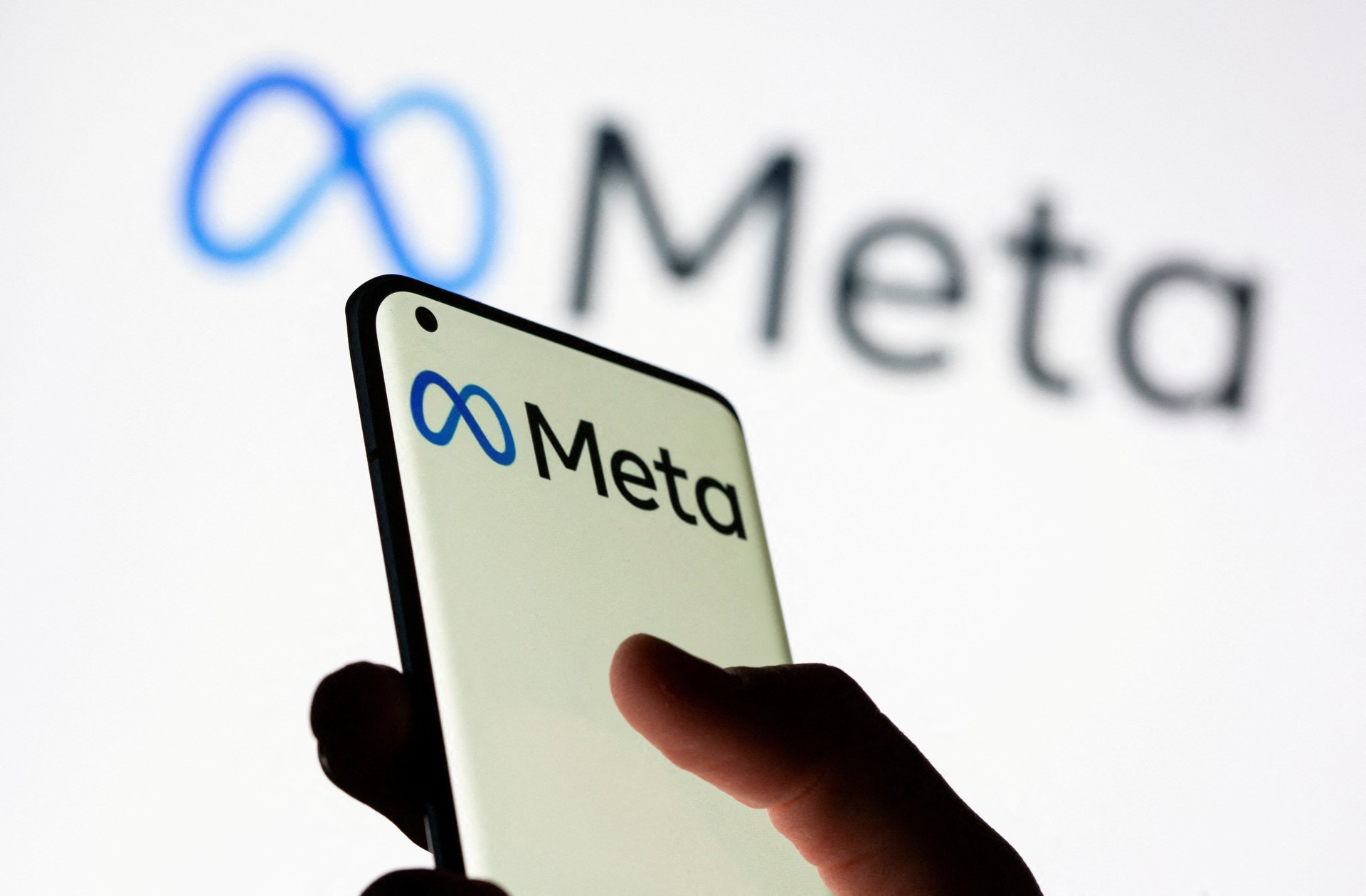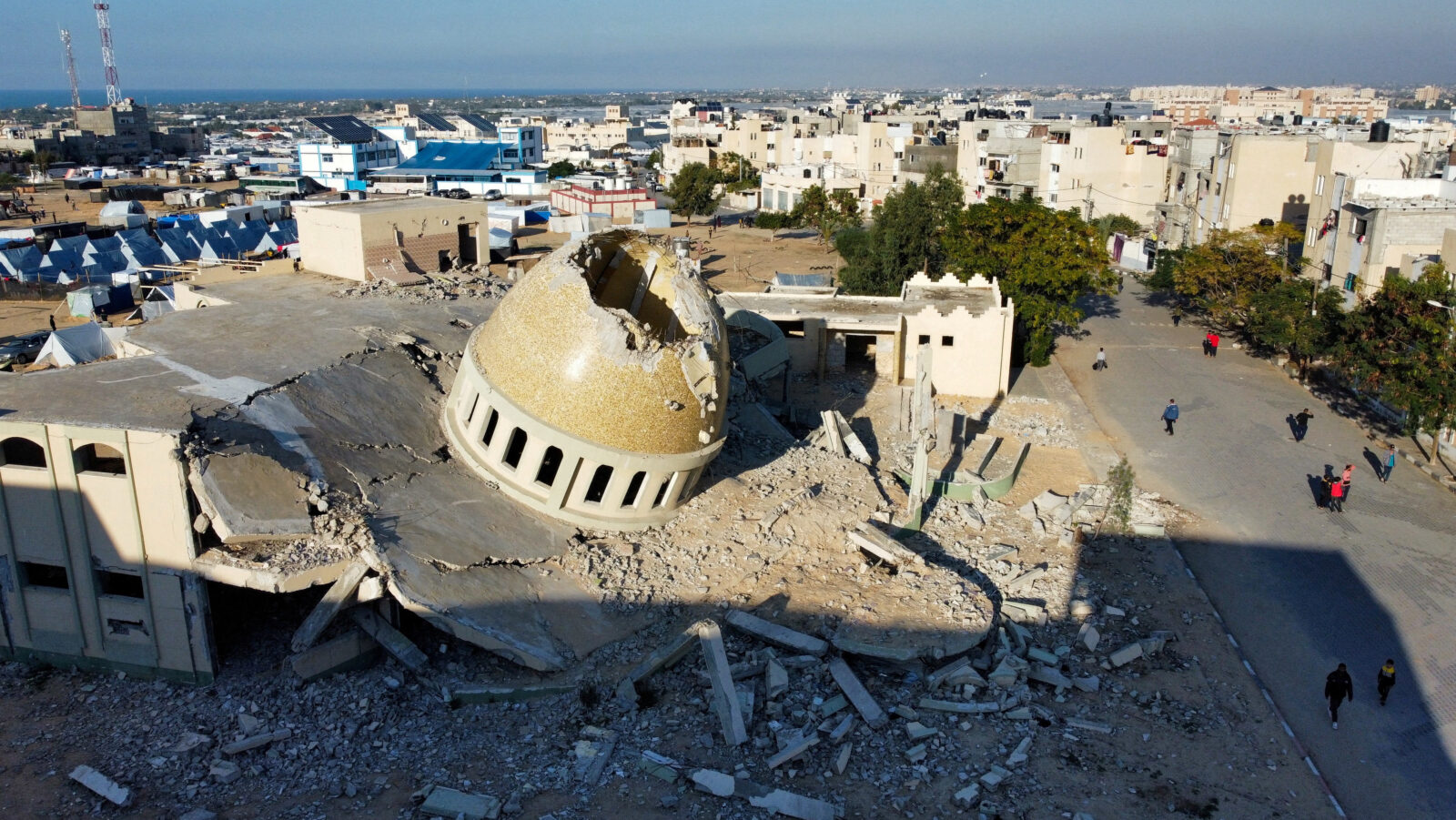
Exclusive by Batikan Altas For nearly a year, Gaza has endured numerous assaults and acts of genocide by Israel, all under the watchful eyes of the world. Since October 7, 2023, over 40,000 Palestinians, primarily women and children, have been killed, while experts suggest that social media algorithms have hindered the visibility of Palestinian content.
As Israel's campaign in Gaza enters its first year, how effectively can social media platforms amplify Palestinian voices? The algorithmic restriction of content related to Palestine, a subject of profound pain and sensitivity today, has sparked significant public debate.

Social media and digital platforms have played a crucial role in raising awareness about the war in Gaza; however, experts express concern over algorithmic bias and content censorship. Over the past year, Palestinians have utilized digital media to communicate the events in Gaza to audiences across the Arab, Islamic, and Western worlds, sparking global demonstrations of support.
However, experts assert that social media algorithms are obstructing the visibility of Palestinian content. Abdoulhakim Ahmine, a Moroccan media and communication specialist, emphasized that, due to the intense digital engagement of Palestinian youth, Israel has targeted prominent social media figures, YouTube channel owners, and journalists reporting live from Gaza. Ahmine explained, "Some countries, notably France and Germany, initially imposed certain digital restrictions but were forced to retract them due to the rising public support for Palestine."
Technology researcher Hassan Kharjouj noted that algorithms on digital platforms have heavily censored Palestinian content, significantly limiting its reach. Kharjouj mentioned that users have begun employing various techniques to avoid content removal.
According to a May 2023 report by Sada Social, a Palestine-based research center, over 5,450 violations against digital content related to Palestine were reported in the first four months of 2024. Instagram was identified as the most restrictive platform for Palestinian content, with a 32% restriction rate, followed by Facebook at 26% and WhatsApp at 16%. This data suggests a firm stance by Meta against Palestinian content. On TikTok, the restriction rate stands at 14%, while on X, it is 12%.